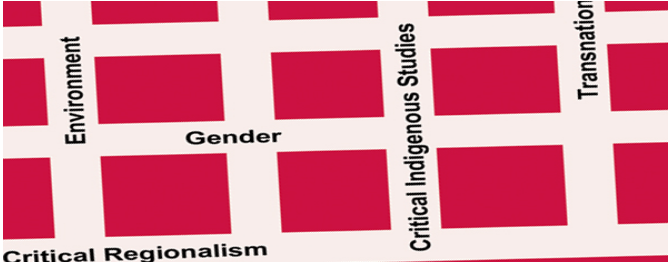
American Studies ETDs
Publication Date
11-23-2020
Abstract
This dissertation examines classical anarchist discourse on gender, race, and sexuality via the lenses of disability justice, reproductive justice, and queer Indigenous feminism. I argue that eugenics was key to how anarchists in the Partido Liberal Mexicano (PLM) and their comrades conceived of political collectivity. Popular notions of scarcity and survival of the fittest, imbued with scientific authority, structured thought at the time. Anarchists, like other anticapitalist radicals, advocated for their cause within this framework, frequently asserting how revolution would lead to a stronger society and denigrating those imagined as weak. I attend especially to the contrast between how PLM writers valorized Native peoples as vigorous members of the working class and inspiring figures of resistance in Mexico while characterizing queerness as degenerate bourgeois decadence. In conclusion, I point to utopian dreams of a world where all can thrive as a possible path through the tensions and contradictions.
Language
English
Keywords
Mexican Revolution, Ricardo Flores Magón, Voltairine de Cleyre, Lucy Parsons, Emma Goldman
Document Type
Dissertation
Degree Name
American Studies
Level of Degree
Doctoral
Department Name
American Studies
First Committee Member (Chair)
Alyosha Goldstein
Second Committee Member
Amy L. Brandzel
Third Committee Member
Irene Vásquez
Fourth Committee Member
Bárbara O. Reyes
Recommended Citation
Abbott, Benjamin H.. "Health and Revolution: Anarchist Biopolitics in the Borderlands." (2020). https://digitalrepository.unm.edu/amst_etds/119
